5 Reasons to draft your Resignation letter
The most important element of job change is drafting your resignation letter. As soon as you draft that letter, you know you have taken the first step towards change.
Here we discuss why people resign, how anyone can draft a resignation letter and why drafting one is important.
The top 5 reasons to draft your resignation letter are:
- Professionalism: It allows you to craft a composed, professional, and respectful resignation message, helping you leave a positive final impression.
- Clarity: Pre-drafting ensures you clearly articulate your reasons for leaving, your intended last working day, and other essential details, minimising any potential misunderstandings.
- Documentation: It provides a written record, serving as documentation for both you and your employer, helping to prevent disputes or confusion regarding the terms of your departure.
- Legal Protection: If your resignation is subject to legal, contractual, or policy considerations, having a well-drafted resignation letter can safeguard your rights and ensure compliance with relevant regulations.
- Stress Reduction: Knowing you have a well-composed resignation letter ready alleviates the stress of the resignation process, enabling you to communicate your decision thoughtfully and on your terms.
Drafting Resignation Letter for Anyone
Planning to quit but don’t know what to say? You can use this template to draft a resignation letter that covers all the fundamentals of quitting your job.
Dear (Recipient’s Name),
I am writing to formally announce my resignation from my position as [Your Job Title] at [Company Name], effective from, (Last Working Day, which abides by the rules of your notice period).
I have thoroughly enjoyed my time at (Company Name) and have had the privilege to work with a dedicated and talented team. The opportunities for professional growth and the support I have received during my tenure here have helped me learn a great deal, and I am grateful for the experiences I have gained here.
This decision was not made lightly, and I have considered it carefully. It is time for me to explore new opportunities and challenges that will help me further develop my career and skills.
I am committed to making this transition as smooth as possible by assisting in training my replacement. It will be a pleasure for me to ensure that all my ongoing projects and responsibilities are handed over effectively.
I would like to express my gratitude for the positive experiences I’ve had at (Company Name). Thank you for the professional and personal growth that this position has provided me.
Please let me know how I can assist during this transition period. You can reach me at (Phone Number) or (Email Address) if there are any questions or further details needed.
I want to thank you and the entire team for your support, guidance, and the opportunities I’ve had at (Company Name). I look forward to staying in touch and hope our paths cross again in the future.
Sincerely,
(Your Name)
Why do people resign?
People resign from their jobs for many reasons. These reasons can be personal, professional, or a combination of both. Here are some common reasons why people choose to resign from their positions:
Career Growth: A lack of opportunities for career advancement or skill development in their current role may inspire employees to look for a new job.
Job Satisfaction: Dissatisfaction with the current job, company culture, or work environment can lead to resignation. This dissatisfaction can be related to management, coworkers, or job responsibilities.
Relocation: Personal circumstances, like a partners job change or a desire to live in a different location can lead to a resignation.
Health Reasons: Personal health issues, stress, or burnout can necessitate leaving a job to focus on physical or mental well-being.
Family Responsibilities: Some individuals may resign to care for family members, children or ageing parents.
Work-Life Balance: An imbalance between work and personal life can lead to resignation. People may seek positions with more flexible hours or remote work options.
Conflict: Ongoing disputes or conflicts with colleagues, superiors, or the company’s values can make the work environment untenable.
Lack of Appreciation or Recognition: Feeling undervalued or underappreciated can be a strong motivator for resignation.
End of Contract: On fixed-term contract? You can resign at the end of your contract, if it is not renewed.
Ethical or Moral Reasons: Employees may leave a job if they find themselves in a situation that goes against their personal ethical or moral values.
It’s important to note that the specific reasons for resignation can vary from person to person and depend on individual circumstances and priorities. Some resignations are amicable, while others may be more acrimonious.
What are you still doing here? Your Future Employer is looking for you at DEIjobs! Sign Up to Connect
Discover a welcoming community of employers at DEIjobs who are eager to support your career aspirations. Companies are actively seeking candidates with disabilities, women, LGBTQ+ individuals, war veterans, and women on a career break.





